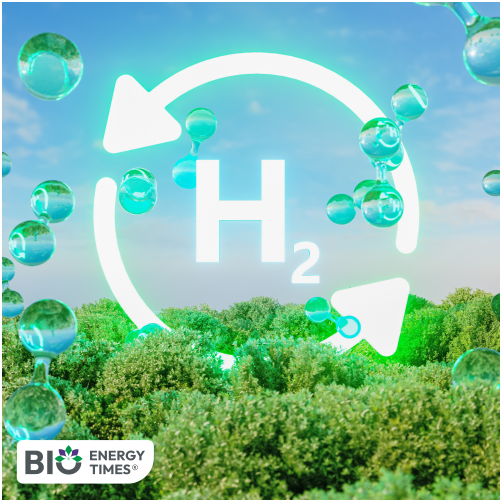The Solar Energy Corporation of India Limited (SECI) has officially cancelled its Call for Proposals (CfP) for setting up Green Hydrogen Hubs under the government’s National Green Hydrogen Mission. The proposal, originally issued on August 20, 2024, was withdrawn as per a statement released by SECI on July 4, reports Energetica-India.
SECI has assured all participants that the fees paid for document submission or tender management will be refunded in line with the rules mentioned in the original call. Bidders are required to email their refund request along with the necessary documents and bank account information within 15 days of the notice.
The cancelled proposal was a part of India’s broader National Green Hydrogen Mission, launched on January 4, 2023, with the goal of turning India into a key global producer and exporter of green hydrogen and its related products. The mission has a total budget of ₹19,744 crore, including funds for production support, pilot projects, research, and other key components. By 2030, the government aims to produce 5 million metric tonnes of green hydrogen every year.
Although the proposal has been withdrawn, SECI continues to make strong progress in India’s renewable energy journey. In July, the organisation announced that it had signed over 60 gigawatts (GW) worth of Power Sale Agreements (PSAs) involving a mix of solar, wind, and hybrid energy projects.
Speaking about the achievement, SECI Chairman and Managing Director Santosh Kumar Sarangi said this milestone reflects years of hard work and commitment. “Reaching this number in just over a decade shows how serious we are about expanding clean energy across the country,” he said. “We’re proud to be part of India’s push toward a cleaner, more sustainable future.”
Looking ahead, SECI plans to continue its work in clean energy through new focus areas such as energy storage systems, green hydrogen and green ammonia, and more flexible renewable power supply models.
Since its founding in 2011, SECI has introduced several new project formats, including a mix of solar and wind energy, continuous renewable energy supply, and dependable clean energy options, helping to move India closer to its clean energy targets.















